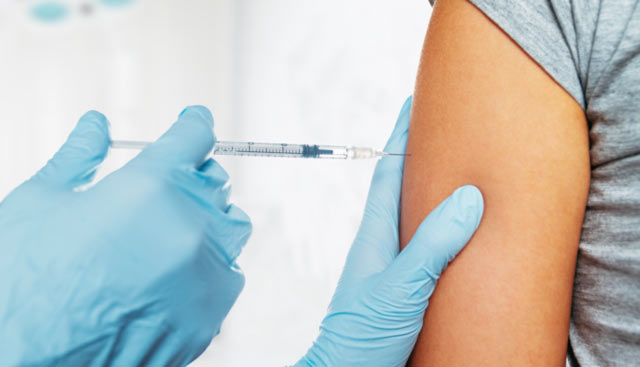
August Is National Immunization Awareness Month – Take Some Time to Confirm That Your Vaccinations Are Current
National Immunization Awareness Month is observed in August of each year. The goal is to raise awareness about the vital role of vaccinations in preventing many serious health conditions. This is important because, contrary to popular belief, immunizations are not just for children. In some cases, the protective capabilities of vaccines lose effectiveness over time and “boosters” are required to maintain their benefits through adulthood. And, due to various exposures associated with employment, lifestyle and travel, individuals of all ages may be at risk for developing certain vaccine-preventable conditions.
As the summer starts to wind down, many people begin their preparations for the upcoming school year. Even for families that don’t include school-age children, this is an excellent time to make sure that everyone’s vaccinations are up-to-date. A good place to start is with an influenza vaccine, which usually becomes available in late August and should be administered on a yearly basis (formulas are continually being updated to reflect the latest known threats). An early flu shot can help protect you from illness and flu-related complications throughout flu season.
Additionally, when you receive your annual flu shot, you should ask your health care provider whether there are any other routinely recommended vaccines that you or anyone in your family might need. For instance, you should confirm that you are all up-to-date on all recommended vaccinations and boosters, such as:
- DTaP or Tdap – Protects against certain bacteria-related infections, including tetanus, diphtheria and whooping cough (pertussis)
- MMR or MMRV – Protects against measles, mumps, rubella and chickenpox (varicella) viruses
- HPV – Protects against human papillomavirus (HPV) infections, which can cause several types of cancer, including cervical, anal, oropharyngeal, vaginal, vulvar and penile cancer
These are just a few examples. There are many other routinely recommended vaccines for people of all ages. With that said, it’s important to note that some people who have specific health conditions should not receive certain vaccines at certain times (or at all). Therefore, it’s best to talk with a physician to find out which vaccines are appropriate for you.
Moffitt Cancer Center recognizes the critical need to improve national vaccination rates, especially for HPV. That’s why we stand united with all other National Cancer Institute-designated Comprehensive Cancer Centers in support of the recommendations of the Centers for Disease Control and Prevention (CDC) on that topic. We firmly believe that the choice to vaccinate children today has the potential to virtually eliminate some HPV-related cancers in the future.
With a commitment to raising awareness about HPV-related cancers, Moffitt is continually redefining how these conditions can be prevented, diagnosed and treated. If you’d like to learn about the services available through any of our specialized programs, call 1-888-663-3488 complete a new patient registration form online. No referrals are required.
